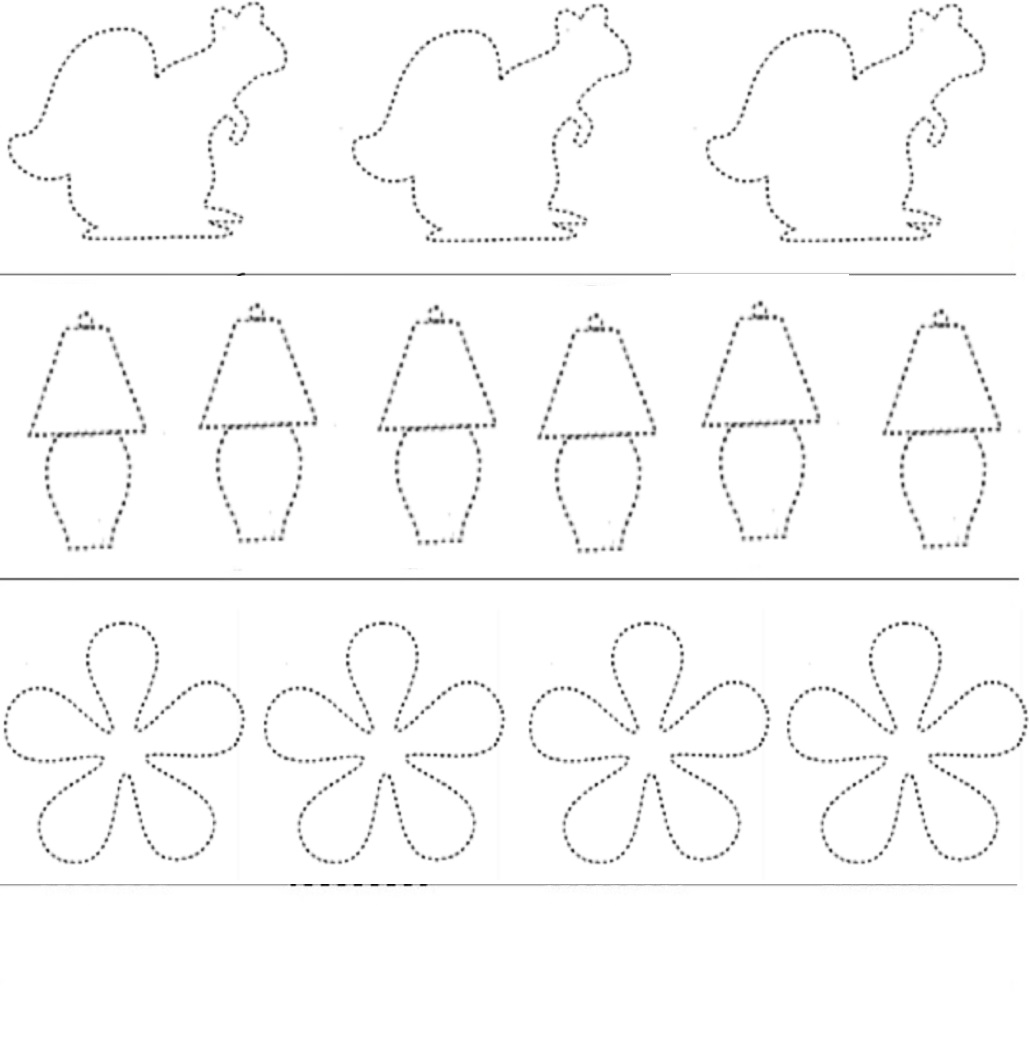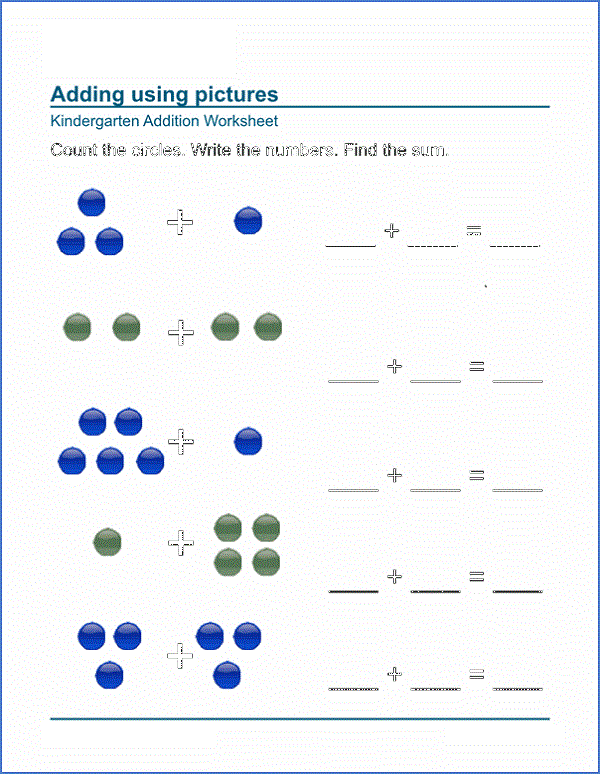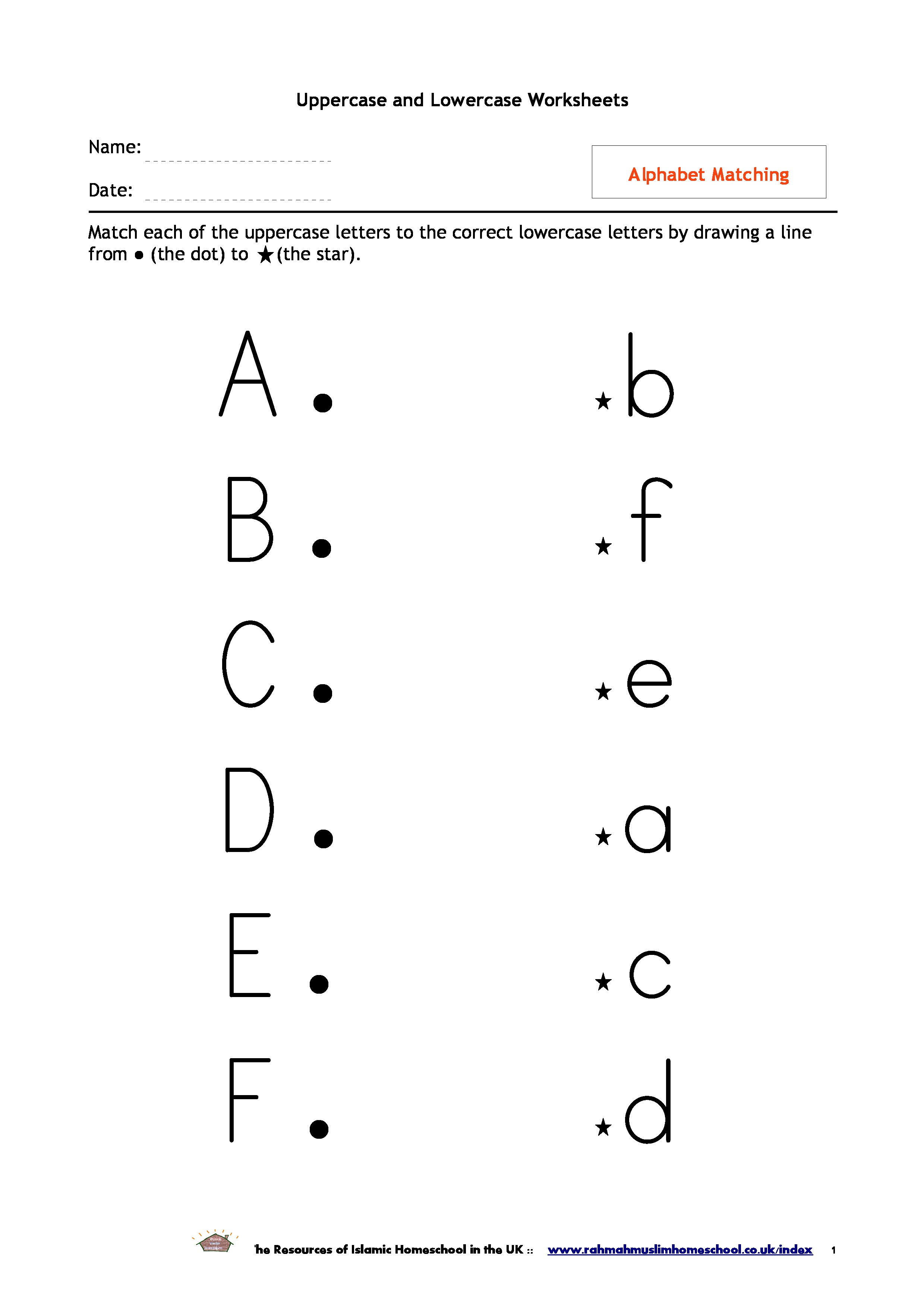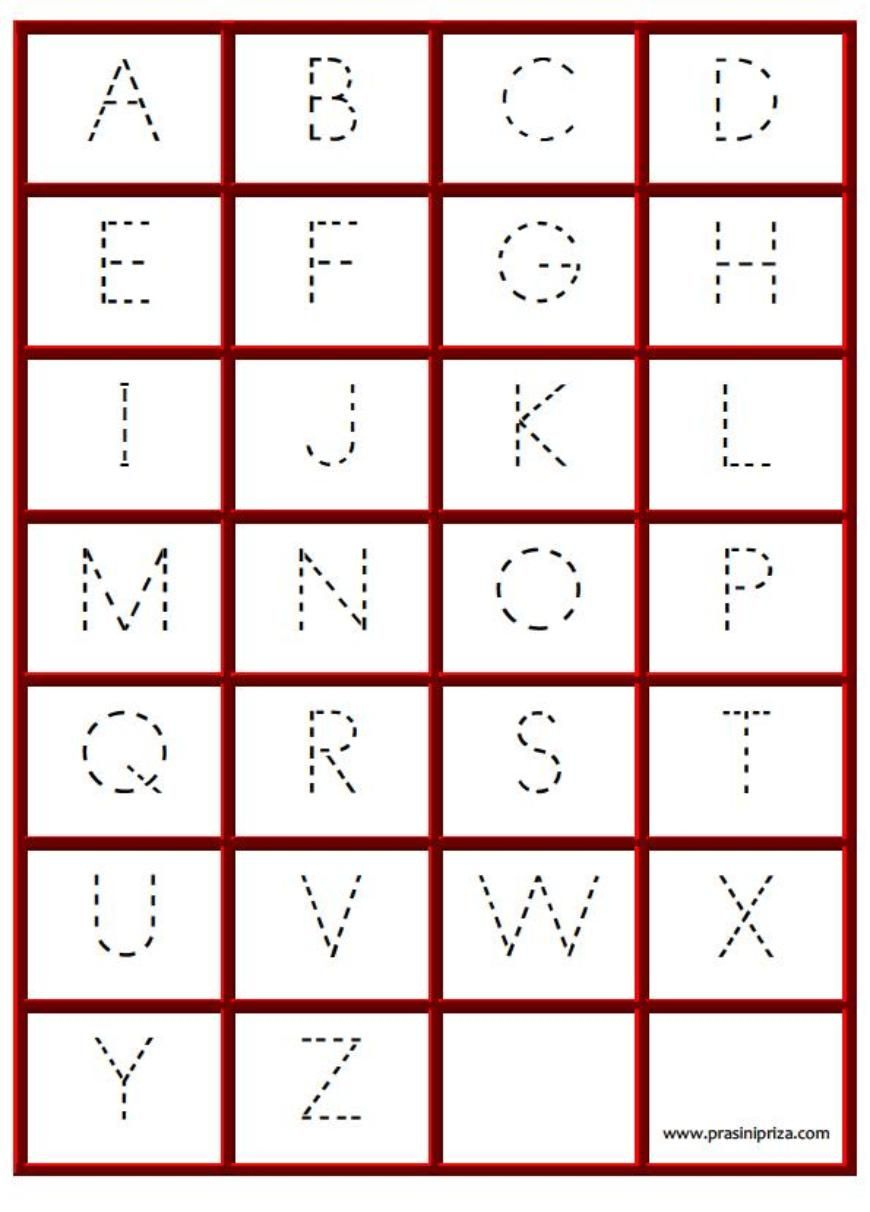My phonics book 4
Table of Contents
Table of Contents
Are you looking for a way to improve your child’s reading and writing skills while fostering their love for learning? Look no further than phonics books for children. These books use a systematic approach to teach children the fundamental sounds and spelling patterns of the English language, allowing them to read with ease and confidence.
However, some parents may find themselves frustrated when their child struggles with phonics-based reading. It can be difficult to watch your child struggle with a basic foundation of literacy. But instead of giving up, invest in phonics books for children. By providing your child with consistent exposure to phonics-based reading materials and activities, they will eventually master the building blocks of literacy.
The main target of phonics books for children is to help them develop the foundational skills necessary for reading and writing. By focusing on specific sounds and letter patterns, children can learn to read by association and deduction, rather than memorizing individual words. This approach helps children develop fluency, comprehension and vocabulary, making their overall reading experience faster, easier, and more enjoyable.
In summary, phonics books for children are an essential tool to help your child learn the basic building blocks of literacy. By consistently engaging in phonics-based reading activities, your child can develop strong reading and writing skills, as well as a lifelong love of learning.
Why Choose Phonics Books for Children
Phonics books for children are the perfect choice to teach your child the foundational skills of reading and writing. Personally, I have seen the immense benefits of using phonics books with my own children. With phonics-based reading, my children were able to recognize letter patterns and sounds quickly and easily, leading to improved reading fluency and comprehension. Phonics-based reading also helped my children develop a love for learning, which has continued into their academic and professional careers.
The Benefits of Phonics Books for Children
Phonics books for children have numerous benefits. Firstly, they help children develop strong foundational reading skills, which can ultimately lead to improved grades, college readiness, and career readiness. Additionally, the phonics approach helps children become better spellers and writers, which can be highly advantageous in a multitude of life situations. Lastly, phonics-based reading helps children develop a love for learning and reading, which can provide lifelong benefits in personal and professional life.
Reading Confidence with Phonics Books for Children
Children who struggle with reading tend to lose confidence in their abilities, leading to a negative association with reading. Phonics books for children can be instrumental in restoring confidence in your child by teaching them how to decode words and read fluently. With mastery of these skills, your child will become a confident and skilled reader who enjoys reading both now and in the future.
The Importance of Phonics Books for Children
Phonics books for children are an essential tool to help your child develop strong reading and writing skills. By exposing your child to phonics-based reading activities, you can help them develop the foundational skills they need to become skilled readers and writers. With phonics-based reading, your child can become confident, fluent, and enjoy a lifelong love of learning.
Question and Answer about Phonics Books for Children
Q: At what age should I introduce my child to phonics-based reading?
A: It is recommended to introduce phonics-based reading to your child between the ages of 3-5.
Q: How can I make phonics-based reading activities more enjoyable for my child?
A: Incorporate games, songs, and interactive activities to keep your child engaged and interested.
Q: My child is struggling with phonics-based reading, what can I do?
A: Be patient and consistent with phonics-based reading activities. Consider seeking outside help from a qualified tutor or teacher.
Q: Are there any drawbacks to phonics-based reading?
A: Some children may struggle with phonics-based reading, but with patience and consistency, most children can master the foundational skills of literacy.
Conclusion of Phonics Books for Children
Phonics books for children are an essential tool to help your child develop strong foundational reading and writing skills, as well as a lifelong love of learning. By consistently exposing your child to phonics-based reading activities, you can help them master the building blocks of literacy and become confident, skilled readers and writers.
Gallery
Phonics For Preschool : Children's Reading & Writing Education Books
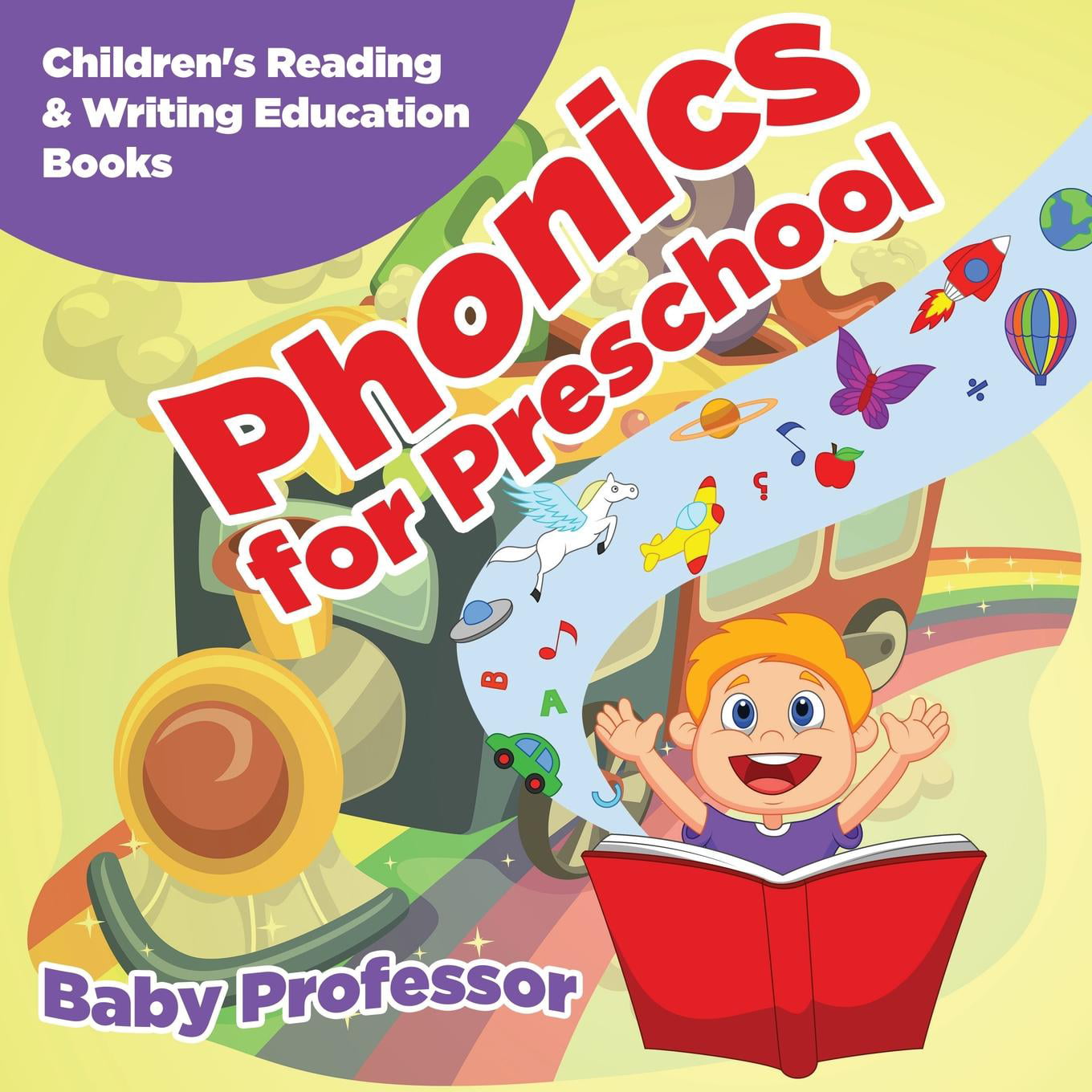
Photo Credit by: bing.com / phonics books reading children preschool education paperback writing walmart
My Phonics Book 4 | OpenSchoolbag

Photo Credit by: bing.com / phonics book openschoolbag
Usborne Phonics Readers 20 Books Childrens Reading Collection Paperback
Photo Credit by: bing.com / phonics books readers usborne set box collection reading childrens
Phonics Book 1 - TCR3015 | Teacher Created Resources
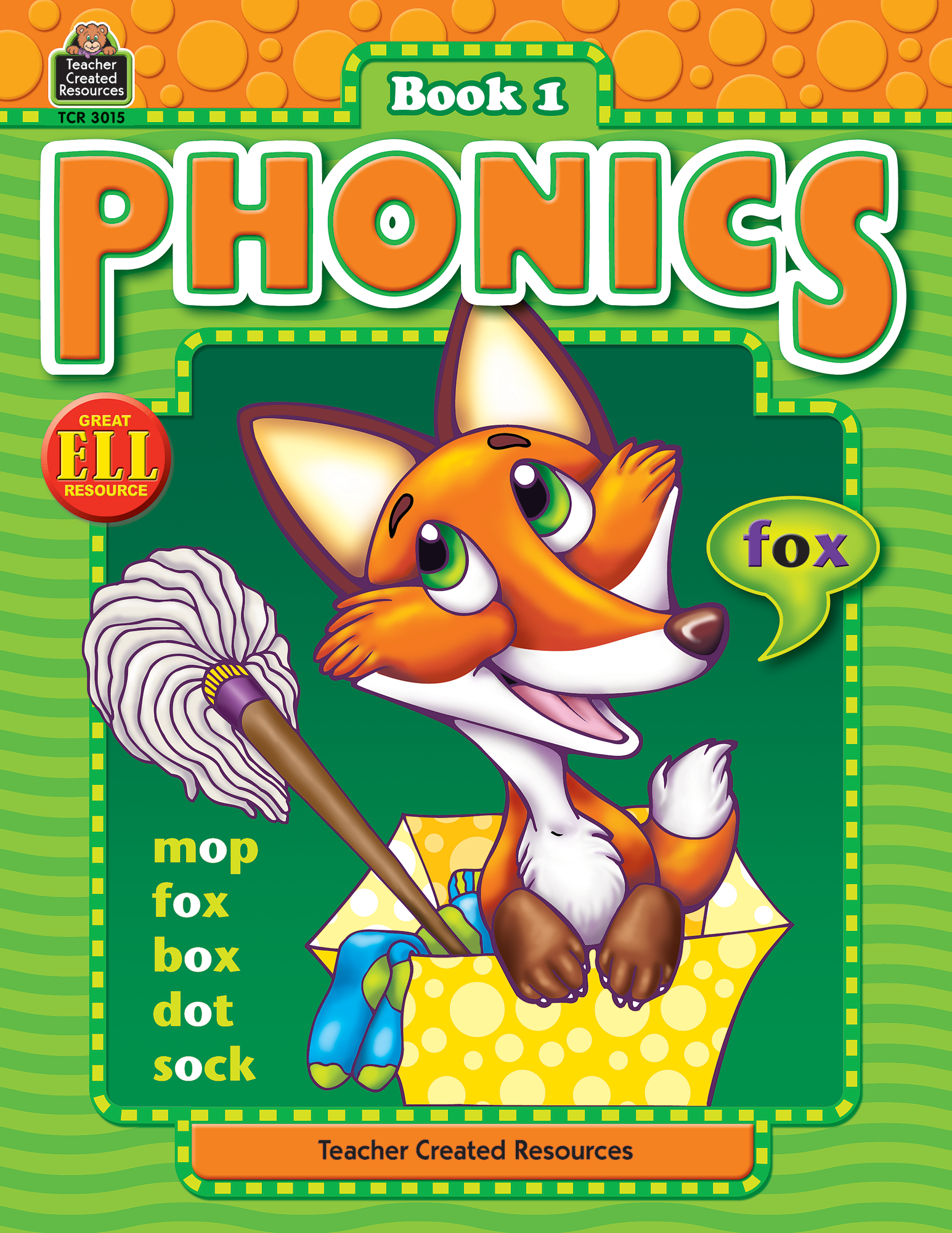
Photo Credit by: bing.com / phonics dickinson
Fun With Phonics And Spellings Book 7 Revised Edition - Collins Learning

Photo Credit by: bing.com / phonics fun revised book collins edition spellings coursebook books spelling harpercollins
